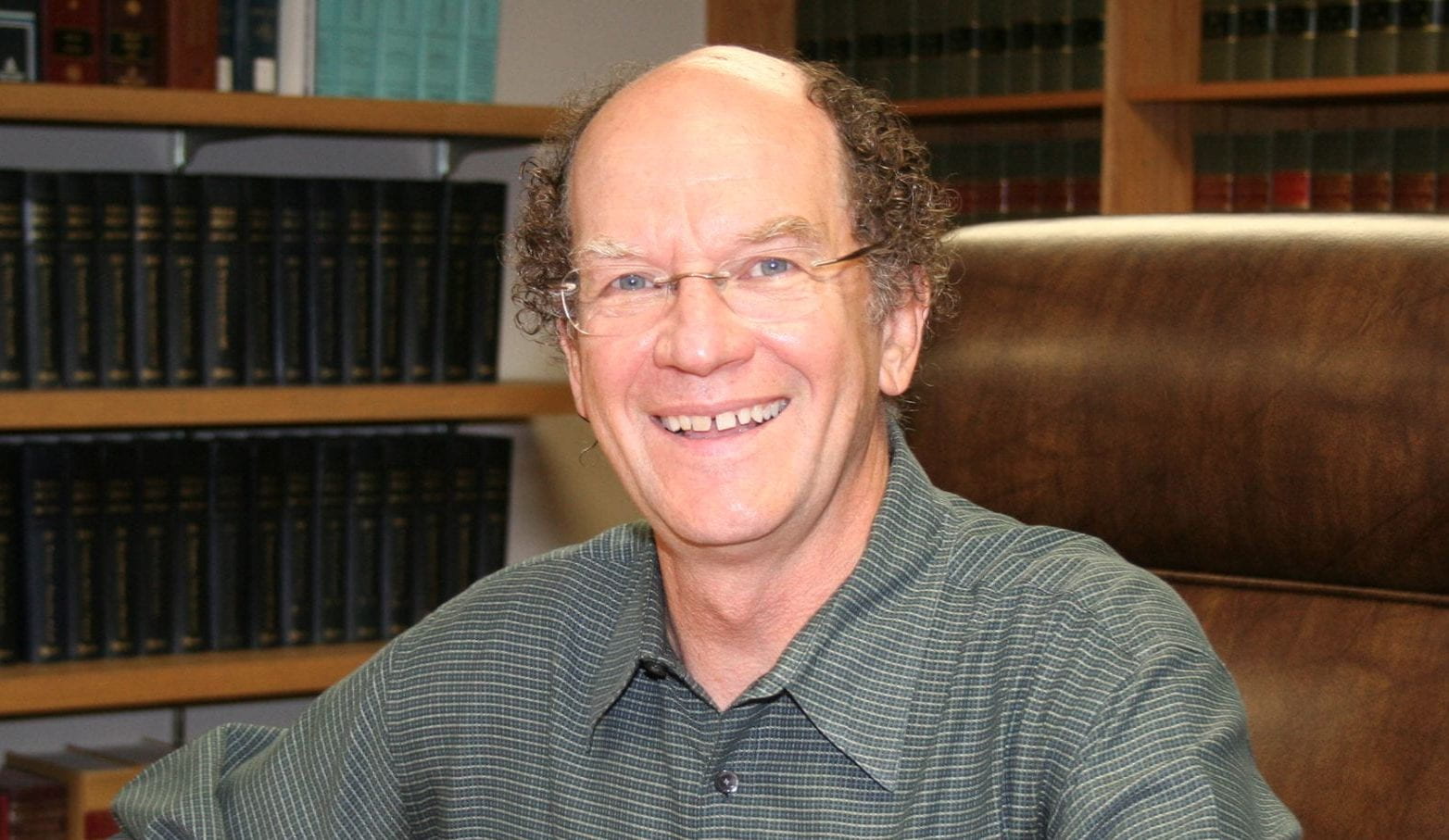The end of the spring semester marked the retirement of a long-time member of the department, Dr. Paul Kens. Dr. Kens joined the department in 1987 after receiving his PhD from the University of Texas (UT) at Austin. Dr. Kens also received a J.D. from UT in 1971, with which he practiced law until the early ’80s and co-authored Buying, Renting, and Borrowing in Texas (Texas Consumer Association, 1980) and Consumer Rights and Remedies (West Publishing Company, 1983).
A noted scholar in the field of constitutional law and history, Kens’ books on the topic include The Supreme Court Under Chief Justice Morrison R. Waite: 1874-1888 (University of South Carolina Press, 2010), Justice Stephen J. Field: Shaping Liberty from the Gold Rush to the Gilded Age (University Press of Kansas, 1997), and Judicial Power and Reform Politics: The Anatomy of Lochner v. New York (University Press of Kansas, 1990). His articles and reviews have appeared in variety of journals including The Journal of Supreme Court History, The American Journal of Legal History, NYU Journal of Law & Liberty, the Tulsa Law Review, The Journal of American History and The Review of Politics. Since 2018, he served on the editorial board of the Journal of Supreme Court History.
Although he has retired from teaching, Kens is continuing to research and is in the process of writing another book, which he hopes to have finished within a year. The working title is Munn’s Warehouse: How Gilded Age Corporations Tried to Add Freedom from Regulation to the Constitution – and Failed.
Dr. Kens is a two-time recipient of the National Endowment for the Humanities Fellowship and has received the School of Liberal Arts award for Excellence in Scholarly/Creative Activities, the Presidential Award for Excellence in Scholarly/Creative Activities, and the Presidential Seminar Award.
When asked to comment on his time at Texas State, Dr. Kens noted how much the University has changed: “over the course of the 34 years I have been here, Texas State has changed its name, doubled in size, and evolved into a highly respected research university.” Dr. Kens feels “proud” to have played his part in this growth and “lucky” to have career goals which aligned with it. He gives his thanks to the deans, chairs, administrators, colleagues, and students who supported him, and says he will miss being around students, unlike “the drive down I-35 from Austin.”
Going forwards, Dr. Kens sees a future for himself and his wife in which retirement makes it easier to “fit in” the traveling and exercise which they both enjoy. As of the writing of this article, Dr. Kens is traveling the American West, bicycling throughout regions of New Mexico, Colorado, and Nevada which he hadn’t found “the right moment” to visit before now.


